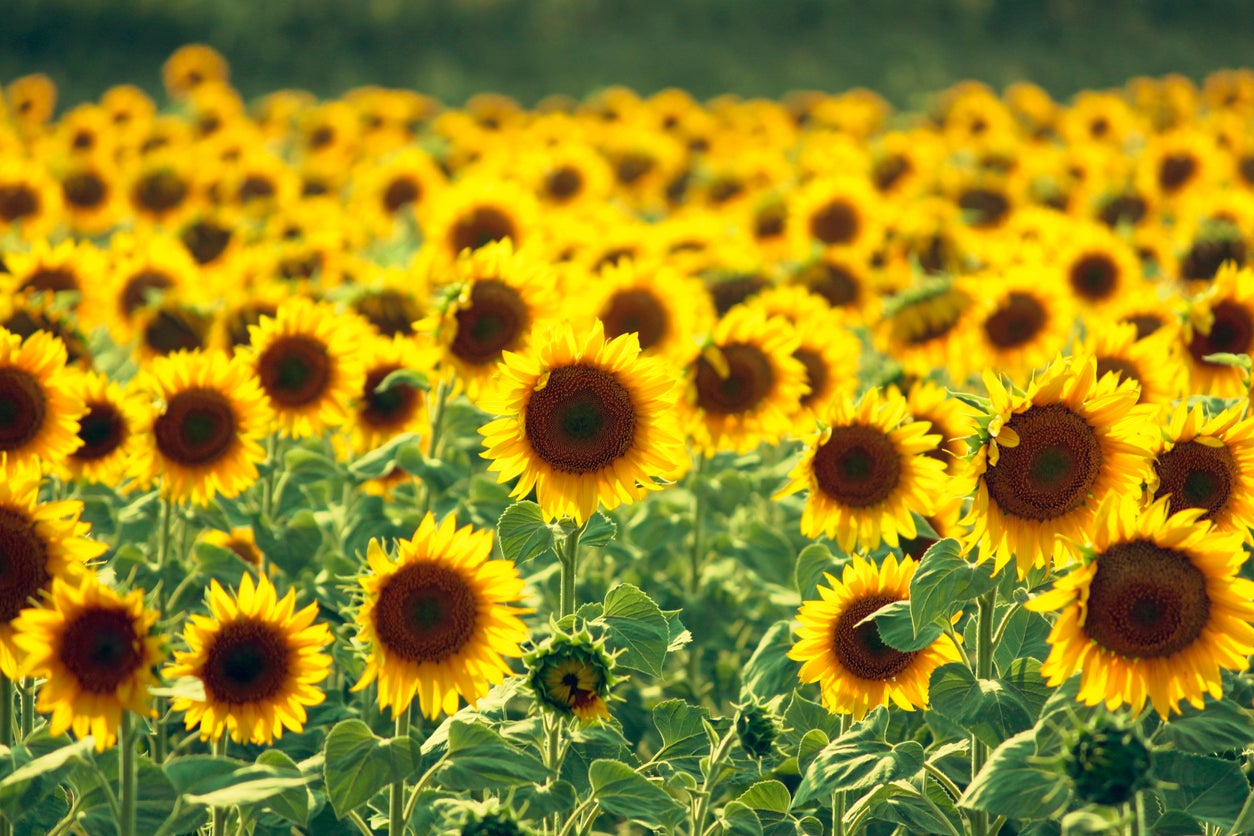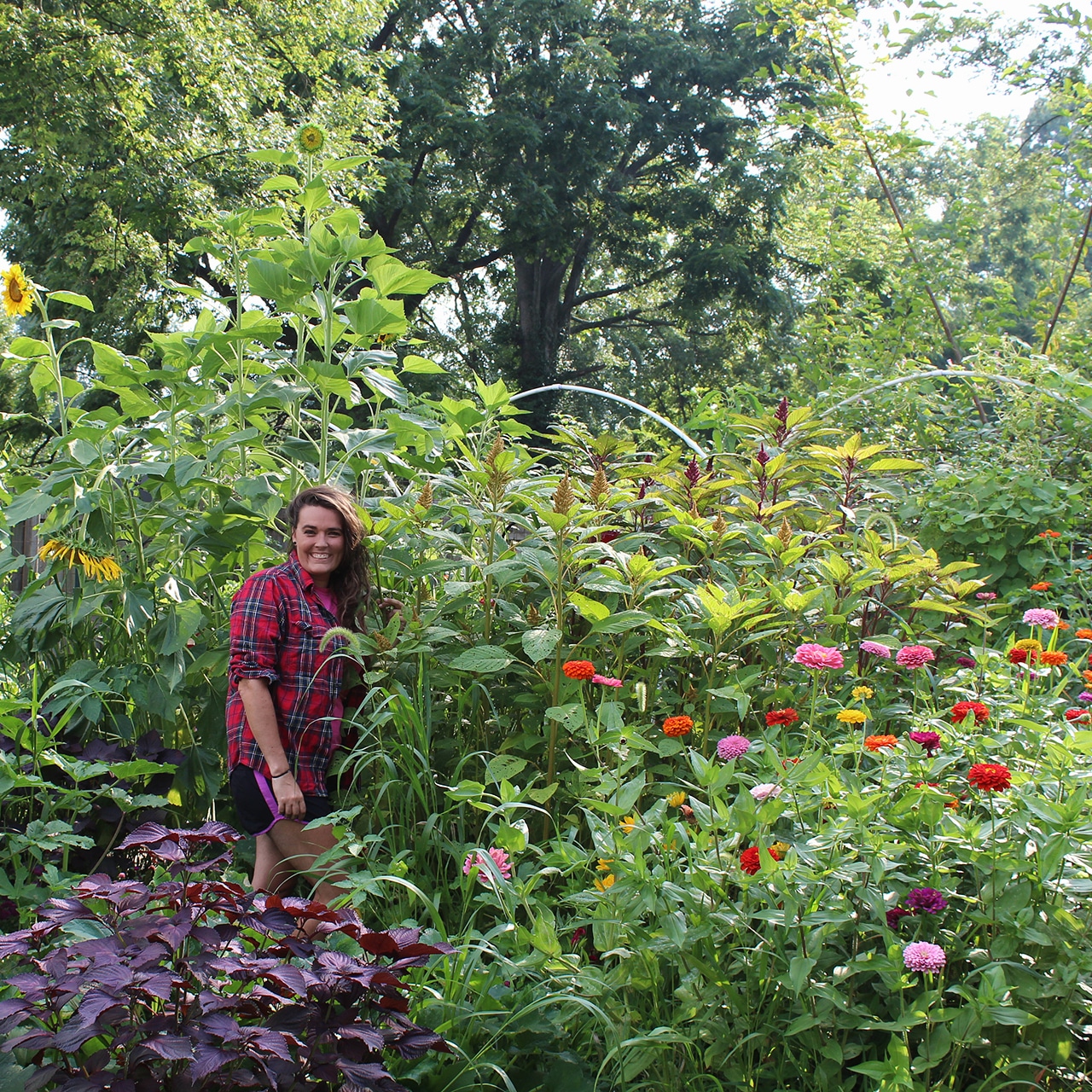Weeds And Sunflowers: Do Sunflowers Limit Weeds In The Garden


There is no denying that sunflowers are a summertime favorite. Excellent for beginner growers, sunflowers are loved by children and adults alike. Homegrown sunflowers are a veritable haven for pollinators in search of rich nectar. While some gardeners may cut the blooms for use in a vase, others who let the plants mature are rewarded with an abundance of seeds.
Regardless of the rationale behind growing these beautiful plants, there is no doubt that planting sunflowers is an asset to many gardeners. However, there is one thing that many do not know – sunflower weed control can be used in the garden. How can sunflowers stop weeds from sprouting though? Let’s find out.
Do Sunflowers Limit Weeds?
While sunflowers are commonplace in the garden, one interesting and frequently overlooked aspect of these plants is that they are allelopathic. Weeds and sunflowers, as with any other plant in the garden, are always in competition. In order to gain the growing advantage, sunflowers contain chemical compounds that inhibit the germination and growth of other seedlings in the growing area.
These toxins are present in all parts of the sunflower, including the roots, leaves, and seed hulls. The chemicals create a small area in which weeds and other plants have difficulty growing. While this may seem detrimental in the garden, allelopathy (the inhibition of germination) actually has many beneficial aspects. Allelopathic sunflowers can actually help suppress weed growth.
Sunflower Weed Control
With strategic planning, growers are able to use this attribute to reduce weeds within the garden. While the growth of many plants has been proven to be diminished by the presence of sunflowers nearby, other plants show a distinctive resistance.
Ornamental flowering plants such as roses and lemon balm are just a few examples of plants able to withstand and thrive when planted near sunflowers, making them excellent companion plants.
Though there are some exceptions, many garden plants may struggle to grow in the vicinity of sunflowers. While delayed germination may lead to reduced yields, other crops may be more drastically impacted. Potatoes, for example, may have particular difficulty when grown near sunflowers.
Sign up for the Gardening Know How newsletter today and receive a free copy of our e-book "How to Grow Delicious Tomatoes".
When left in the garden, residue and debris from sunflowers can allow the chemical compounds to stay within the garden soil for a longer period of time. To avoid this, remove old sunflower stalks, flowers, and seeds from the growing area at the end of each season. Frequent crop rotation will also help to avoid the buildup of these allelopathic compounds.

Tonya Barnett has been gardening for 13 years. Flowers are her passion. She has transformed her backyard into a cut flower garden, which she regularly chronicles on her YouTube channel http://www.youtube.com/@tonyawiththeflowers.